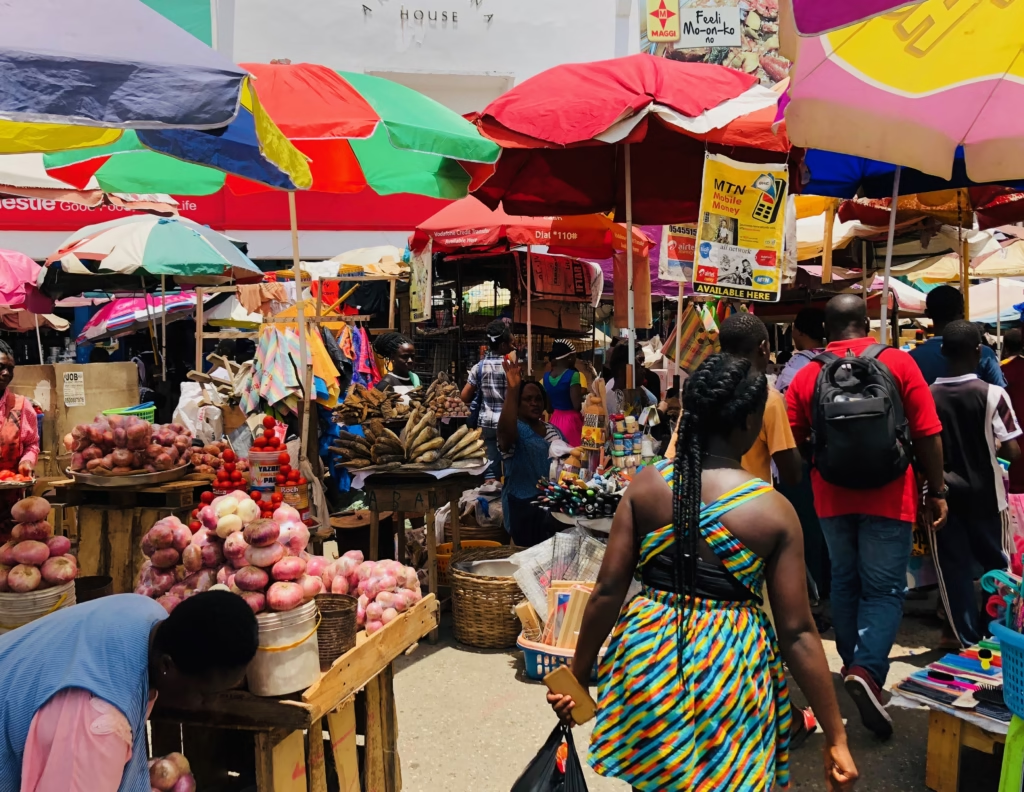Deloitte Warns Ghana and Nigeria of Economic Challenges in 2025
Professional services firm Deloitte has issued a stark warning to the governments of Ghana and Nigeria, highlighting the risks posed by high inflation, mounting debt, currency depreciation, and tight monetary policies. These factors, according to Deloitte, are significant obstacles to economic growth in 2025. The firm urges both nations to prioritize addressing these challenges to achieve sustainable long-term development.
Inflation and Currency Depreciation: Key Barriers to Growth
In its Global Economic Outlook – January 2025, Deloitte identified rising costs of goods and services as a major constraint on economic expansion in West Africa. To combat inflation, monetary authorities have raised interest rates, further tightening the economic environment.
Both Nigeria and Ghana have faced severe currency volatility, which has hampered their ability to import essential raw materials and equipment. In the first half of 2024, the Nigerian naira depreciated by over 40%, while the Ghanaian cedi lost more than 20% of its value against the US dollar. These currency challenges have exacerbated inflationary pressures and disrupted production cycles.
Ghana’s Economic Prospects: A Silver Lining
Despite these hurdles, Deloitte remains optimistic about Ghana’s short- to medium-term economic outlook. The report highlights that Ghana’s economy grew by 4.7% year-on-year in the first quarter of 2024, driven by a robust 6.8% expansion in the industrial sector.
The agriculture and services sectors also showed moderate growth, at 4.1% and 3.3% year-on-year, respectively. Deloitte attributes this resilience to Ghana’s ongoing debt restructuring efforts, which include renegotiating its $30 billion debt, and the Bank of Ghana’s monetary policy interventions aimed at easing inflation.
Debt Restructuring and Fiscal Reforms
Ghana’s recovery from its debt-induced crisis has been bolstered by government reforms and debt sustainability initiatives. Deloitte expects these measures to yield positive results, boosting productivity and economic output. A more stable domestic currency is also anticipated to support recovery efforts.
Ghana received its fourth disbursement of 360millionfromtheInternationalMonetaryFund(IMF)undertheExtendedCreditFacilityinlate2024,bringingtotaldisbursementsto1.92 billion. This funding is expected to aid fiscal consolidation efforts between 2025 and 2026.
Projected Growth and Fiscal Stability
Deloitte forecasts Ghana’s economy to grow at 5.1% and 5.3% in 2025 and 2026, respectively. The firm also predicts a gradual restoration of macroeconomic stability across West Africa as inflationary pressures and currency volatility moderate.
To achieve this, the Ghanaian government is expected to implement revenue generation reforms, including raising existing taxes, introducing new taxes like a green tax, and adjusting tariffs. These measures are projected to narrow the fiscal deficit from 4.4% of GDP in 2024 to 3.9% in 2025 and 3.6% in 2026.
Rising Debt Concerns in West Africa
Rising debt levels remain a significant concern across West Africa and the broader continent. Deloitte emphasizes the need for governments to adopt prudent fiscal policies and structural reforms to address these challenges.
For more insights on global economic trends, visit Deloitte’s Global Economic Outlook.
Conclusion
While Ghana and Nigeria face significant economic challenges, Deloitte’s analysis suggests that targeted reforms and fiscal discipline can pave the way for recovery. Ghana’s stronger growth prospects and ongoing debt restructuring efforts offer a glimmer of hope, but sustained action will be crucial to achieving long-term stability.
For further reading on West Africa’s economic landscape, check out IMF’s Regional Economic Outlook for Sub-Saharan Africa.
By addressing these challenges head-on, Ghana and Nigeria can unlock their economic potential and foster sustainable growth in the years to come.



